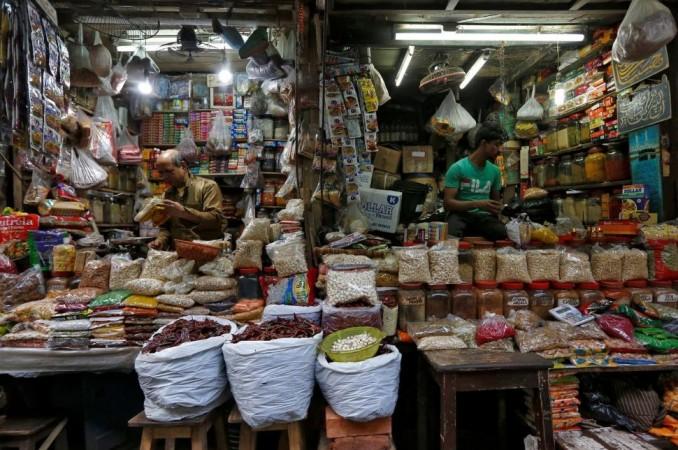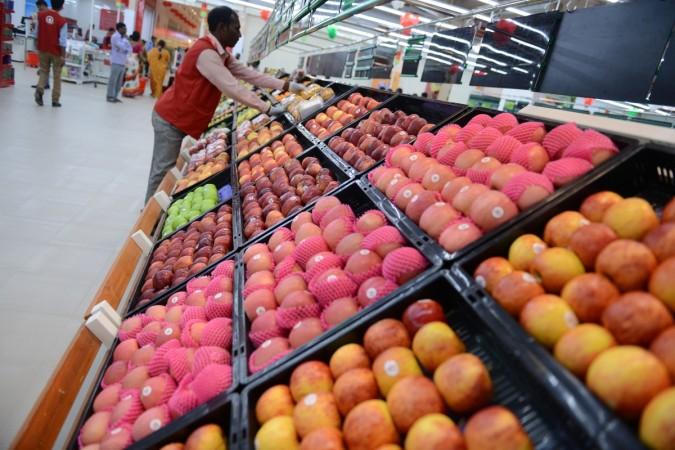Most economists, however, expect the Reserve Bank of India's Monetary Policy Committee (MPC) to look past the inflation data and cut rates for a sixth straight time next month with economic growth and industrial output sagging to six-year lows.
Annual retail inflation rose to 4.62 percent last month, up from 3.99 percent in the prior month and higher than the 4.25 percent forecast in a Reuters poll of analysts.
Retail food prices, which make up nearly half of India's inflation basket, increased 7.89 percent in October from a year earlier, against 5.11 percent in September.

Prices of most vegetables climbed in October as monsoon downpours delayed harvests and disrupted supplies.
That was despite a government ban on onion exports, a key component in the Indian diet.
"The inflation print has surprised on the upside on account of vegetable inflation in October," said Madhavi Arora, an economist at Edelweiss Securities.
Worries on the economic slowdown have already prompted the Reserve Bank of India (RBI) to cut interest rates by a total of 135 basis points this year.
Economists say the RBI will continue to cut rates as July-September growth could be worse than the previous quarter after industrial output contracted two out of three months during the period and core inflation continues to reflect weak demand.
September industrial output contracted 4.3 percent, government data showed on Monday following a decline of 1.4 percent in August.
The RBI too has lowered its economic growth forecast by 80 basis points to 6.1 percent for the current year ending March 2020.

Three analysts said October core inflation was at 3.44-3.60 percent against 4-4.02 percent in September.
"Growth concerns have become far more important than inflation in the current context. We expect growth in Q2FY20 (April-September) to come in at 4.5 percent which would be a big concern," said Anagha Deodhar, an economist at ICICI Securities.
More rate cuts are definitely on the cards, Deodhar added.
The slowdown has seen a sharp decline in demand in sectors like automobile, power, fuel and real estate which have resulted in hundreds of thousands of job losses in some industries.
Unemployment in Asia's third-largest economy rose to 8.45 percent in October, its worst since August 2016, according to estimates from the Centre for Monitoring Indian Economy, a Mumbai-based think-tank.














